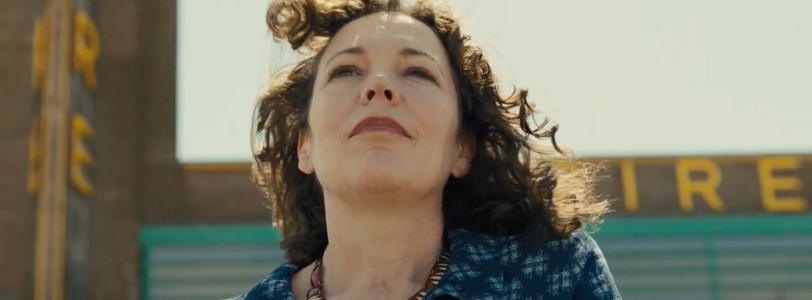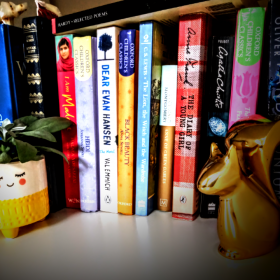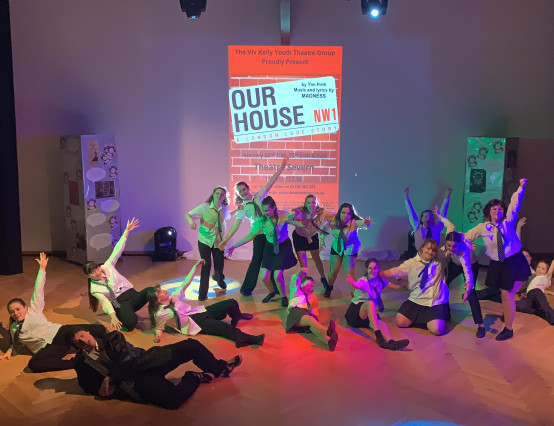After an artistically slow and deliberate opening reflecting the mundane yet authentic beauty of working in this 1980s cinema, Olivia Coleman is introduced as a seemingly equally mundane cinema worker. Hillary Small is numbly going through the motions of life when she is introduced to her new colleague, the young, kind and enigmatic Stephen (played by Micheal Ward). They are drawn together in helping to heal an injured pigeon in the old, long-abandoned top floor of the cinema. What follows, alongside an enchanting music score, is a peculiar and tumultuous, yet strangely pure relationship which both breaks and heals each of them. Coleman plays the part to perfection as she emerges from her cocoon of predictability and normality, starting to say ‘yes’ to all of the pleasures she’s been denying herself. As she begins to enjoy living life ‘on the edge’, it starts to seem she is in danger of falling off the other side- because maybe her stifling cocoon is the only thing keeping her safe…
After the first hour, I was still struggling to work out the storyline, or at least if it even had one! It felt like more of a series of disjointed events and became a bit of a rabbit hole of strangeness if you envisaged from the cryptic trailer it would be a simple love story. But no. There is more to this plot than the trailer allows you to believe.
Mental health, politics, isolation and coercion are a few of the many themes that add depth to this real and hard-hitting portrayal of 1980s Britain. Devastatingly insidious racism also snakes its way through the film. However, amidst the sobriety there are glimmers of joy too which restore faith in humanity.
Each event, word and glance carries weight, and it soon becomes clear that, spelled out in metaphors, this is more of an ode to the little moments of wonder in life. By the time the credits appeared I felt emotionally wrung out, but also full of hope.









0 Comments